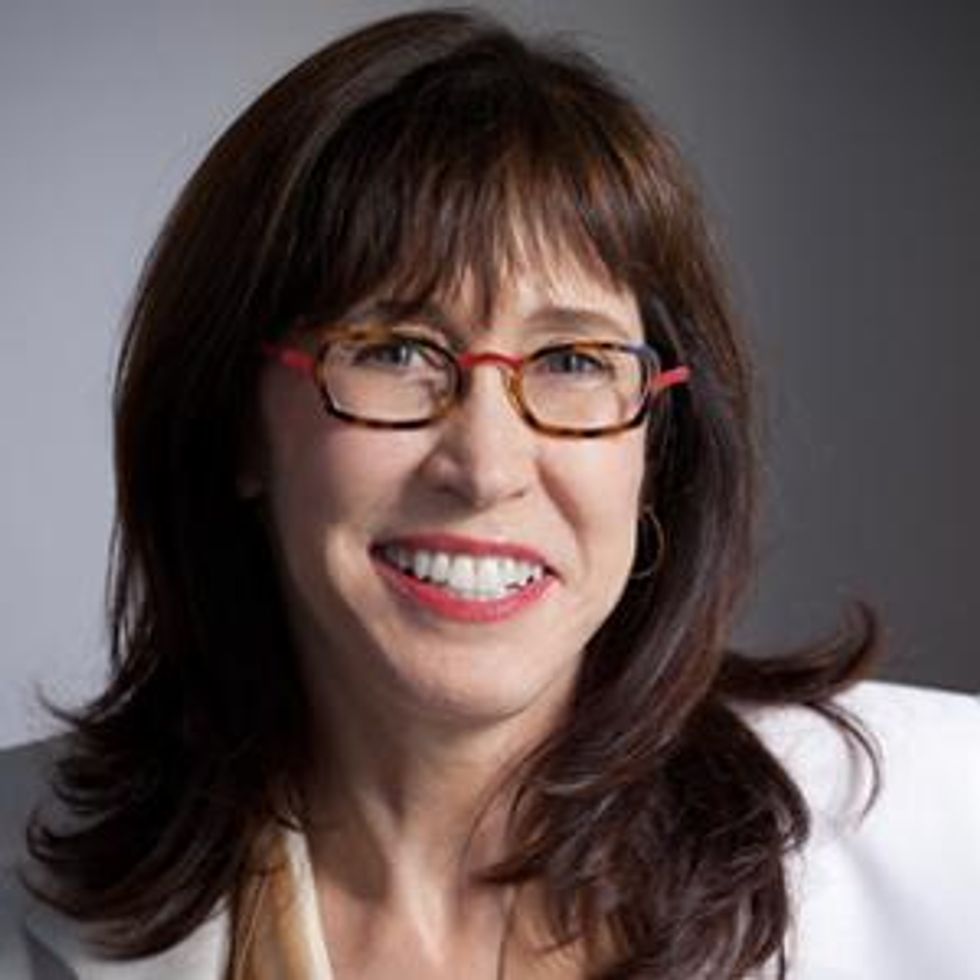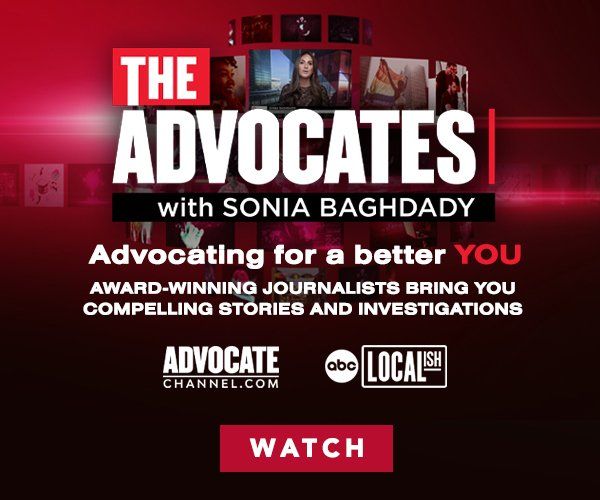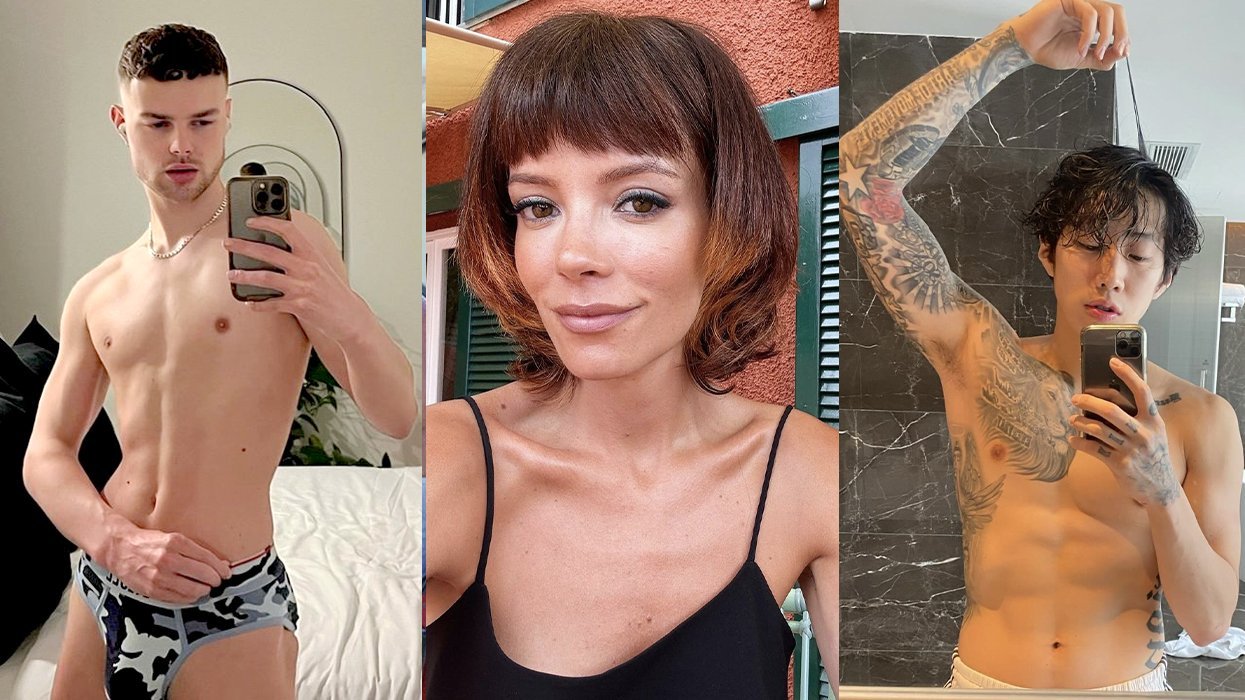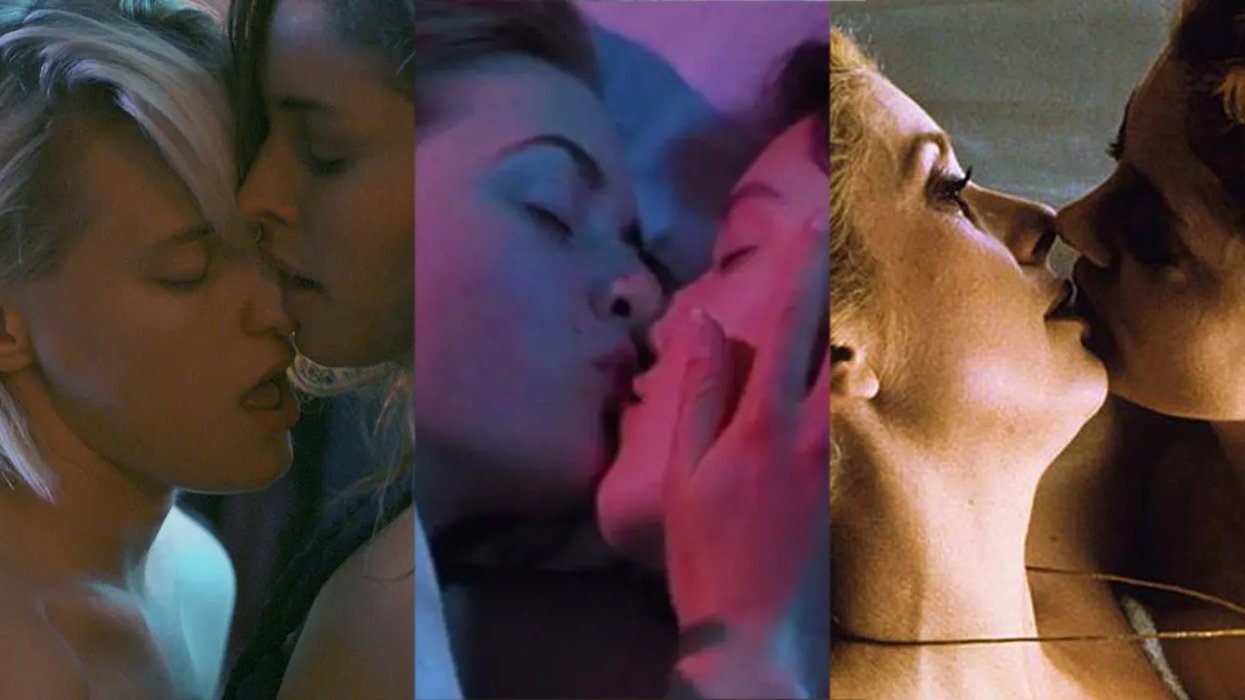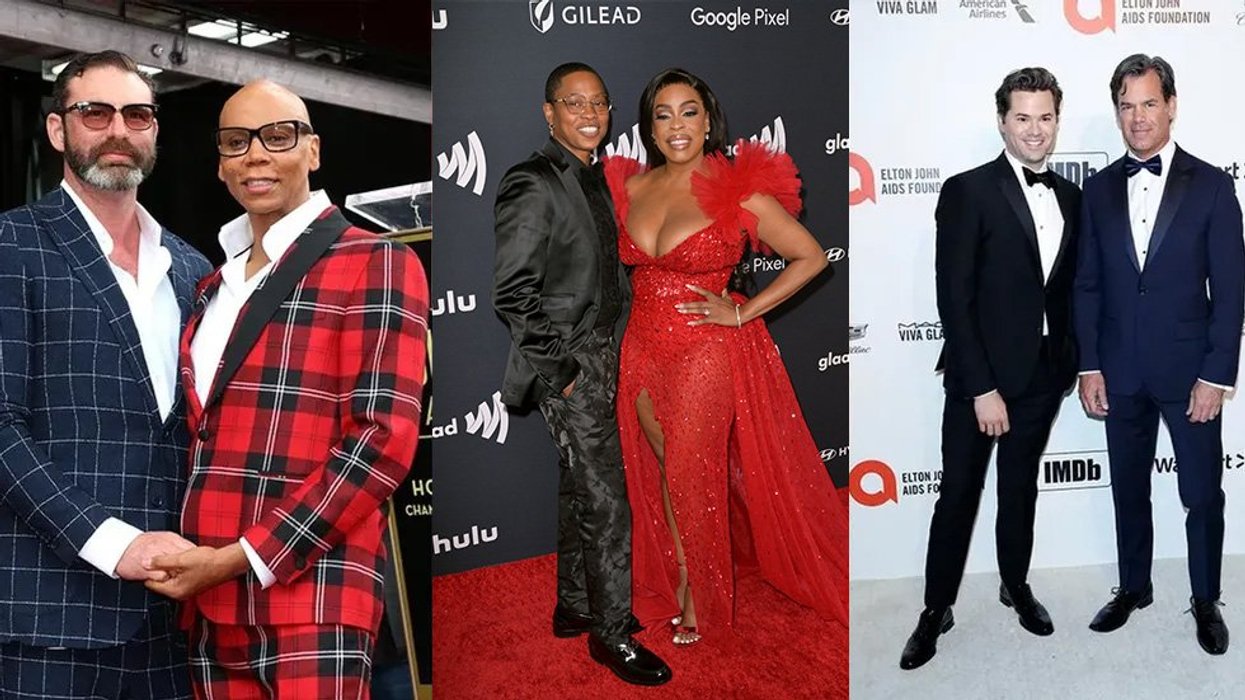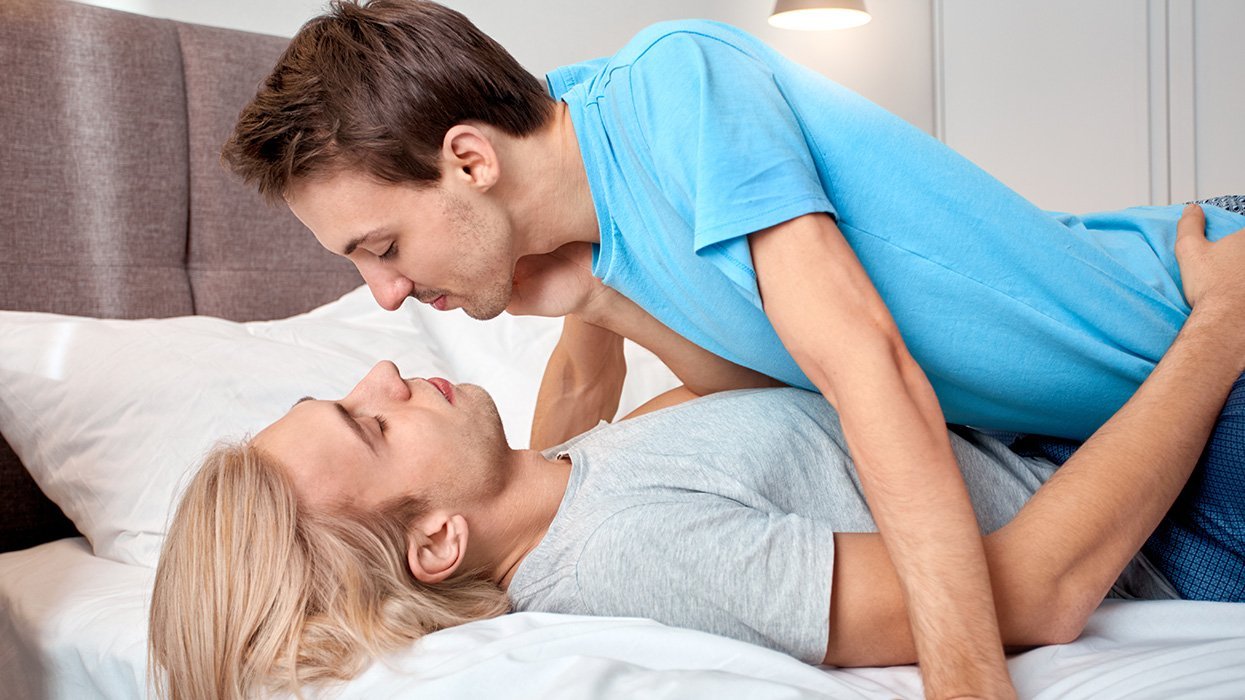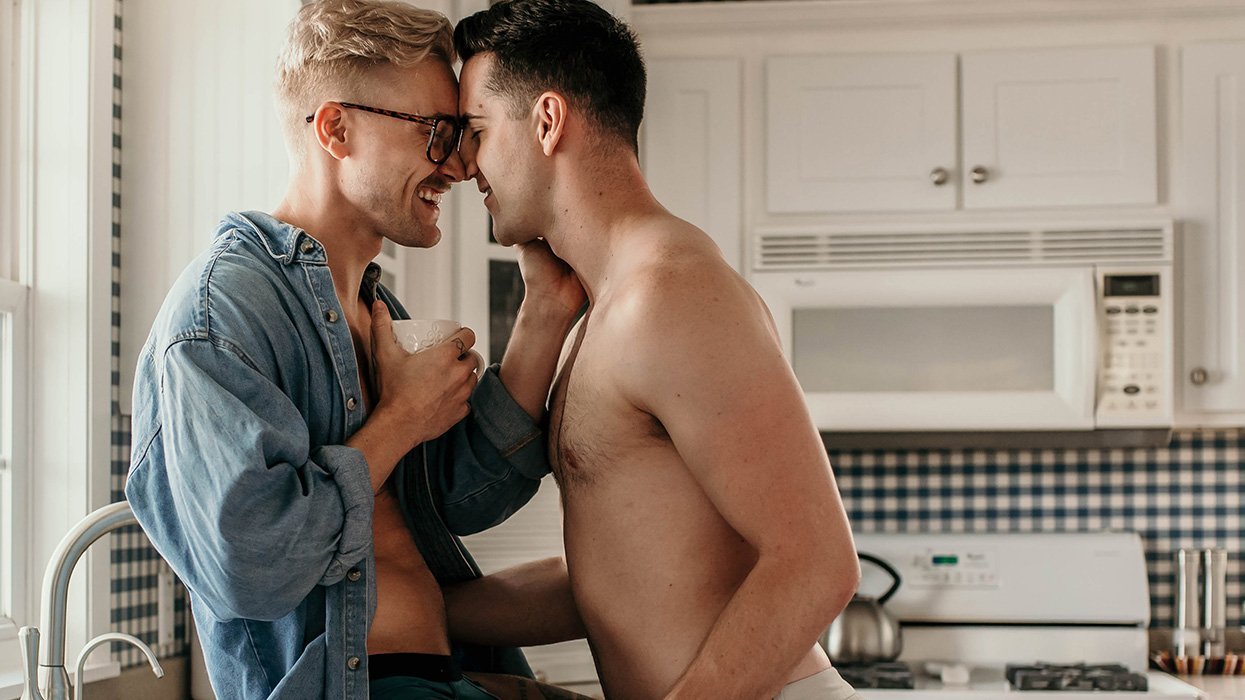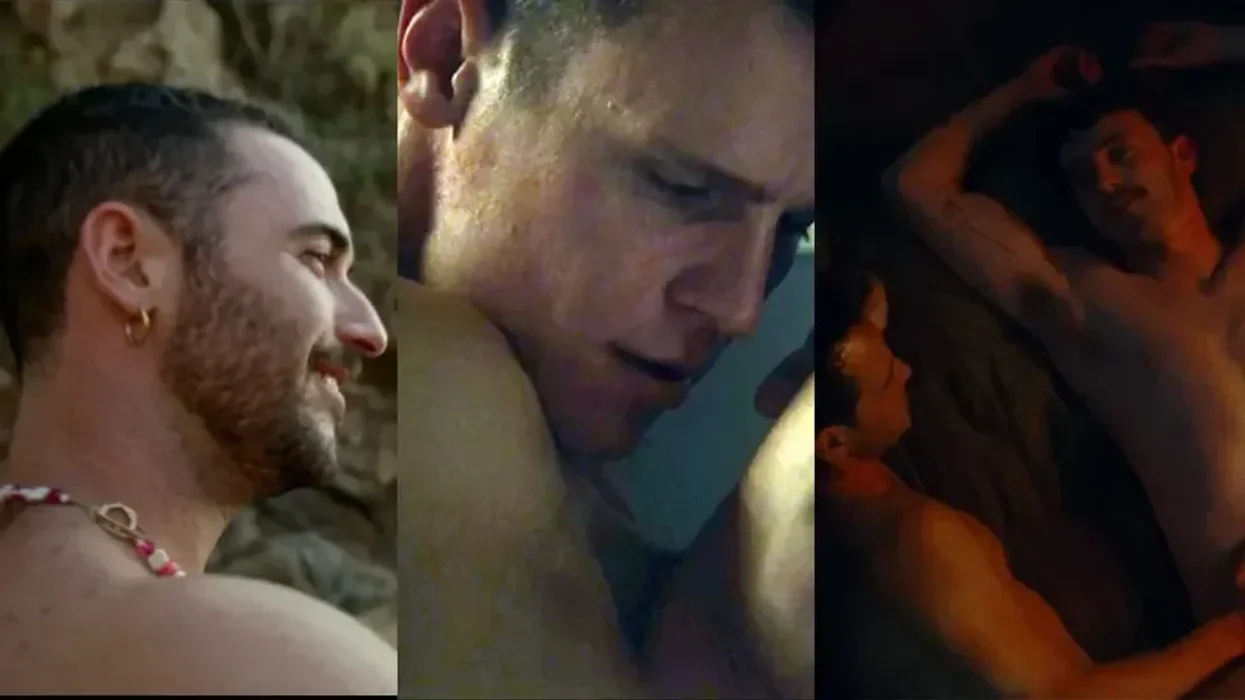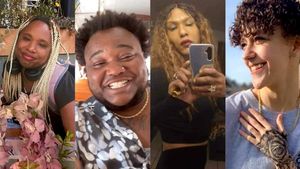If you've ever found yourself yearning to peek through a neighbor's curtain, or wondered what the visuals looked like accompanying the raucous sounds emanating from the hotel room next door, you've got to get your hands on Secret Sex Lives: A Year on the Fringes of American Sexuality, now available in stores. The memoir from New York Times bestselling author Suzy Spencer offers a fascinating look into American bedrooms, bringing readers along as Spencer explores the desires of a slice of the nation's population. SheWired caught up with Spencer to find out what brought her to pen the titillating tome, and convinced her to reveal some of her most shocking discoveries.
What was your impetus for writing this book?
After nearly 10 years of writing true crime books, I was worn out from all the tragedy. I desperately needed to laugh, and for some strange reason talking about sex has always made me laugh. (I guess it’s those who can, do. Those who can’t, crack jokes.) So when my literary agent suggested I write a book about Americans’ alternative sex habits, I said yes.
What was the most shocking thing you learned?
Bisexuality among men is very common. Despite the cliché that bisexuality is rare in men and common in women, my Secret Sex Lives research found much more bisexuality and many more bisexual fantasies among men than women. In fact, I interviewed so many happily married men (married to women) who either have sex with men or yearn to have sex with men that I was absolutely floored. Of course, often these men want a woman present so that she will order him to have sex with a man and then will watch. I presumed that was to make the "unacceptable" acceptable. After all, that gives the men the excuse that they are doing it only to please the woman and to give her sexual satisfaction.
I can understand why they’d feel that way, though, because even in the so-called progressive world of swinging, bisexuality among men is an absolute no-no. Male swingers feel forced to keep their male-on-male desires a shameful, dirty secret, while bisexuality in women in the swing community is touted, promoted, and a source of pride.
What insights into women's (and more specifically lesbians) did you find?
Let me debunk another cliché — the one that women aren’t as interested in sex as men. That’s absolutely not true according to my Secret Sex Lives research. If it were true, how come so many women — married and single, straight, bi, and lesbian — are out there cruising the Internet for sex?
And I’d say that’s especially true for women who are married to men. Too often, they’re frustrated with the lack of sex they’re getting at home, so they fulfill themselves with Internet sex. With regard to bisexual women, my Secret Sex Lives research showed me that they can be as aggressive as men, i.e. refusing to take no for an answer.
And specifically when it comes to lesbians, one interview comes to mind. It was with a woman who had a child but for years had wondered if she was lesbian. I’ll call her "Mary." (Mary’s not in the book.)
Mary’s specific words to me were, "I remember for years I would see women and be aroused. I would wonder what it would be like to hold them in my arms and kiss them all over. But I would not dare do it. I grew up in the Seventh Day Adventist Church…" And the only gay person she ever knew was made fun of by her family.
But after two failed relationships with men, Mary decided to meet a woman. They had sex. Mary came faster and harder than she ever had, and she came three times. Mary emailed me [saying], “The room was spinning, my heart rate increased, and I felt like I could not breathe. WOW. That was what I thought it would be like. But oh no…" The "oh no" was that when she went down on the woman, she thought she was going to throw up. "As soon as she left," Mary wrote, "I locked my door and ran to the bathroom and threw up. I began to cry, as everything I thought was the answer was not. I knew that men were not satisfying me, but it seemed like women were not either… maybe there was something wrong with me.”
And that brings me to "Jessica" from Secret Sex Lives. When I first met Jessica, she claimed she’d been openly bisexual since age 19, but that she’d been struggling with her sexual identity for years.
"Actually, I don’t know if struggle is the right word," Jessica wrote me. "Just trying to figure it all out. I still feel like I’m just sitting on the fence, trying to decide one way or the other, and I don’t want to."
She wanted to be lesbian, she said. She really did. But after years of living as a lesbian in San Francisco, she found herself having sex with a man and enjoying it, for a while. When Jessica and I met, she was living in Atlanta and beginning to date men only. Today, Jessica is married to a man. They have an open marriage. And she dates women. The last I heard from Mary, she identifies as a lesbian and says she’s had “way too many experiences.”
My point is that no matter one’s sex or sexual orientation, one struggles to find and accept one’s individual sexual truth.
What's your attitude today about people's differing individual sexual truths?
My attitude about homosexuality changed when I was researching my book Wasted, which is the true story of Regina Hartwell, a lesbian who was murdered by her girlfriend's boyfriend. I was interviewing a gay friend of Regina's and asked him "How do you cope with her murder?" He answered, "My love for Jesus Christ." And he wept.
Right then, I decided that my Jesus wouldn't throw out of heaven someone who loves Him just because that person loves someone of the same sex.
Then, after the book came out, I had interviewer after interviewer (always male and I specifically remember one in Waco, Texas), ask me if I were lesbian. As time passed, I found that ironic, because I wrote about a killer stripper and no one ever asked me if I was a stripper. I wrote about drug addicts, and no one ever asked me if I was a drug addict. I've written four books about killers, and no one has ever asked me if I've ever killed anyone. So why would they ask if I'm lesbian?
But to their upset, I took their question as a compliment — I did that great of a job portraying Austin's lesbian community. (In fact, a few women told me they didn't know whether to come on to me or not because after reading the book, they too couldn't figure out my orientation.)
I also took it as a compliment because some of the kindest, smartest, funniest, most talented people I knew were lesbians, and I was honored to be in their company. Again, though, straight male interviewers (as well as some straight friends) didn't like that response.
Fourteen years after Wasted was published, as you know, I decided not to include gay men and lesbians in Secret Sex Lives because the book is supposed to be about fringe sex, not mainstream sex. And I want the world to accept homosexuality as mainstream.
After completing this, what do you consider fringe anymore?
Bestiality. I still can’t wrap my head around that.
Follow SheWired on Twitter.
Follow SheWired on Facebook.
